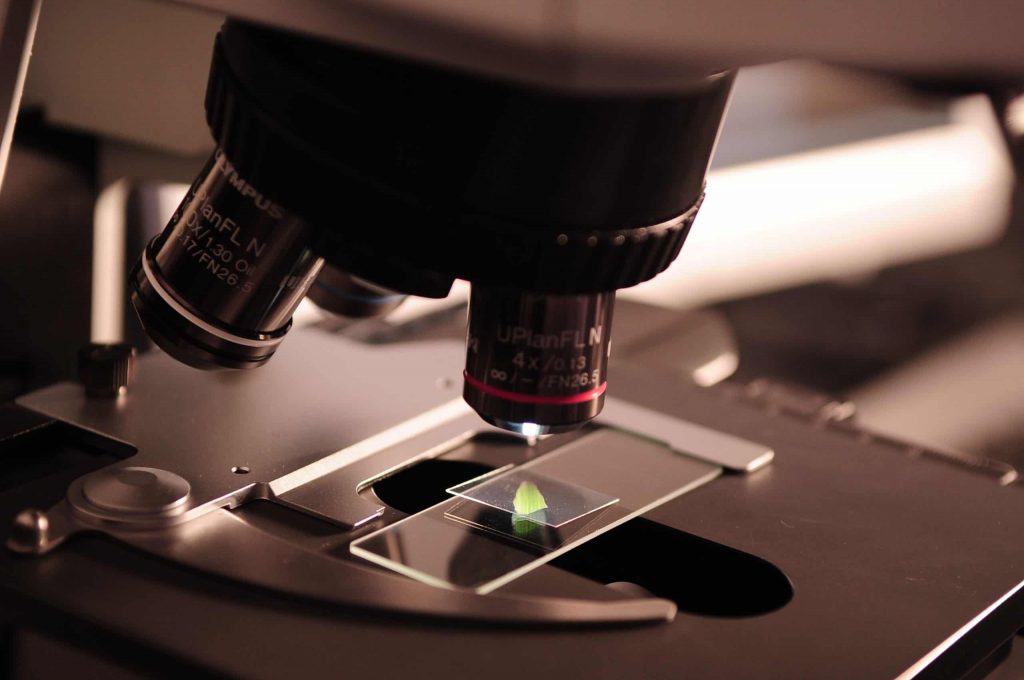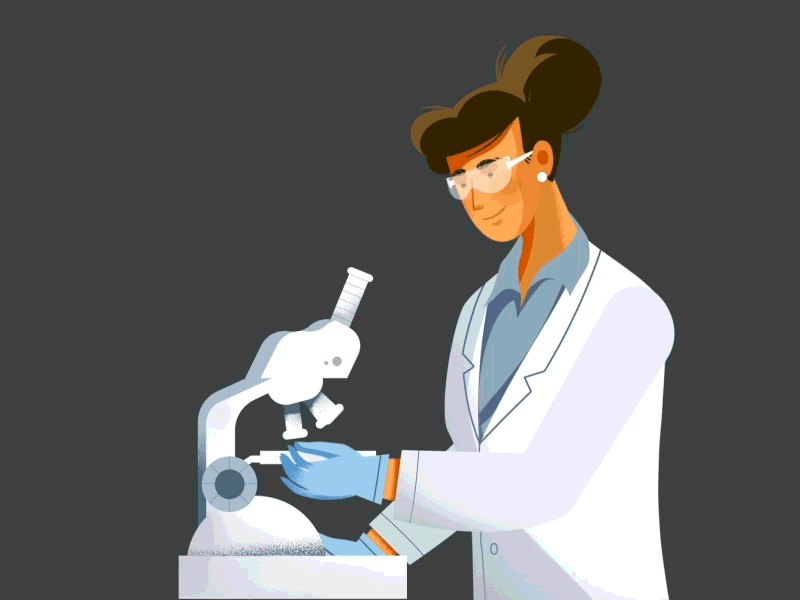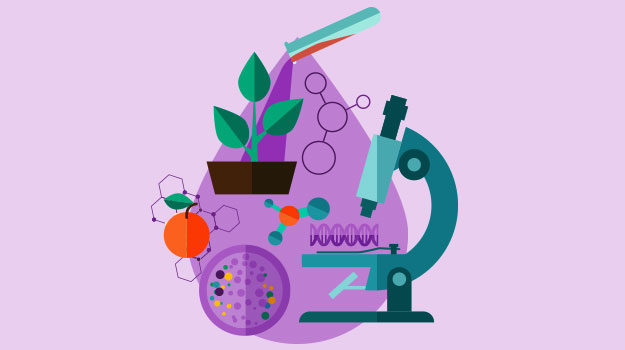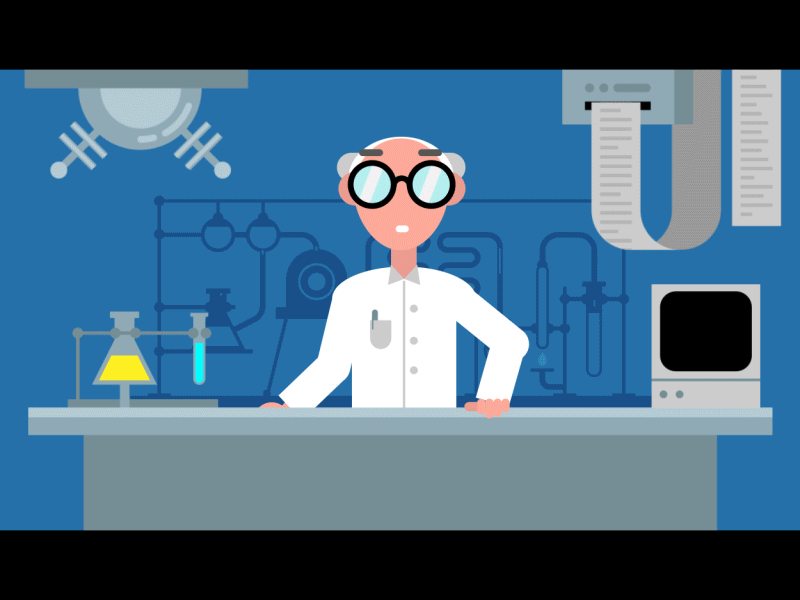Are you always fascinated by those tiny organisms you stain to see under a microscope? Do often wonder how these micro-organisms, though so small, make a big impact in the world, either good or bad? Then maybe you should consider choosing a career path in microbiology. With a wide, diverse scope, microbiology is a subject with demand rising rapidly. Read this article to know about the types and scope of becoming a microbiologist, and how you could become one yourself
What are the types of Microbiologists?
Microbiologists can be involved in either basic research or applied. Basic research deals with the study of how micro-organisms live, their morphology, physiology, feeding and development and related topics. Applied microbiologists work to solve real world problems.
Some types of basic research-oriented microbiologists include –
Bacteriologists – They focus on topics like the patterns of bacteria’s growth, development, and other features, as well as the good and bad impacts bacteria may have on plants, animals, and people.
Mycologists – They research to understand the properties of fungi like mould and yeast. A research is being conducted to determine how fungus may benefit society, as well as the hazards that fungi may represent.
Parasitologists – The parasite life cycle is investigated aong with the host-parasite interaction, parasite adaptability to various settings are all investigated. Parasitic illnesses such as malaria may also be examined for its eruption and subsequent management.
Virologists – The structure, development, and other features of viruses are investigated, as well as any consequences that viruses have on infected species
I Want To Become Good Better Best In Life
The job roles of applied microbiologists include –
Clinical microbiologists – They perform a wide range of medical laboratory tests on samples obtained from plants, animals, and humans to help in disease detection. Medical scientists are microbiologists (clinical and medical) whose work involves directly investigating human health.
Environmental microbiologists – They investigate how microorganisms interact with the environment and with one other. They also research about aspects like boosting crop development with the help of bacteria and how microorganisms can be used to clean up heavy metal-contaminated areas.

Industrial microbiologists – They research industrial production processes and work to solve problems that arise as a result of these processes. Industrial microbiologists may be involved in quality control, improving product manufacturing through bio processes, or in waste management.
Public health microbiologists – Specimens are examined in order to track down, control, and prevent the spread of illnesses and other health risks. They also provide laboratory services to local health units and community health programmes.

What are the qualifications to become a microbiologist?
The first step to become a microbiologist is taking science stream with biology, chemistry and physics as major subjects in 10+2 level. At under graduation, you could choose do a Bachelor’s of Science (B. Sc.) degree with Microbiology as your major subject or even any other life sciences subject.
"There's Always A Scope Of Improvement"
In post-graduation, you could go on to do specialize in subjects like
- Applied microbiology
- Clinical microbiology
- Marine microbiology
- Microbiology with immunology
- Industrial microbiology
- Fermentation and microbial technology
A Master’s degree increases job prospects greatly, and is usually the minimal requirement for entering industrial jobs. For research-based positions, especially ones dealing with basic research, and teaching positions, a doctoral degree specializing in Microbiology is important

What are the skills needed to become a microbiologist?
The skill set needed to become a microbiologist includes –
- The capacity of developing and planning research experiments and studies
- Interpersonal skills
- Communication skills
- The ability to supervise a laboratory and communicate with a diverse group of technical colleagues
- The competence to collaborate well with others while still managing your own task
- Problem-solving skills
- A methodical yet accurate approach to work
- Leadership qualities
Right Skill = Bright Future
What sectors are microbiologists employed in?
According to interests and specialization, you could choose to work in the following sectors –
- Food and Beverage Industries
- Clinical Laboratories
- Agricultural Department
- Pharmaceutical Industries
- Environmental organizations
- Chemical Industries
- Private Hospitals
- Research laboratories
- Educational institute

Those little, microscopic organisms that we can’t see without microscopes influence our lives in every single sphere. Just as important as microbes are for the world, microbiologists are even more important to tap the potential of these tiny, versatile beings.






